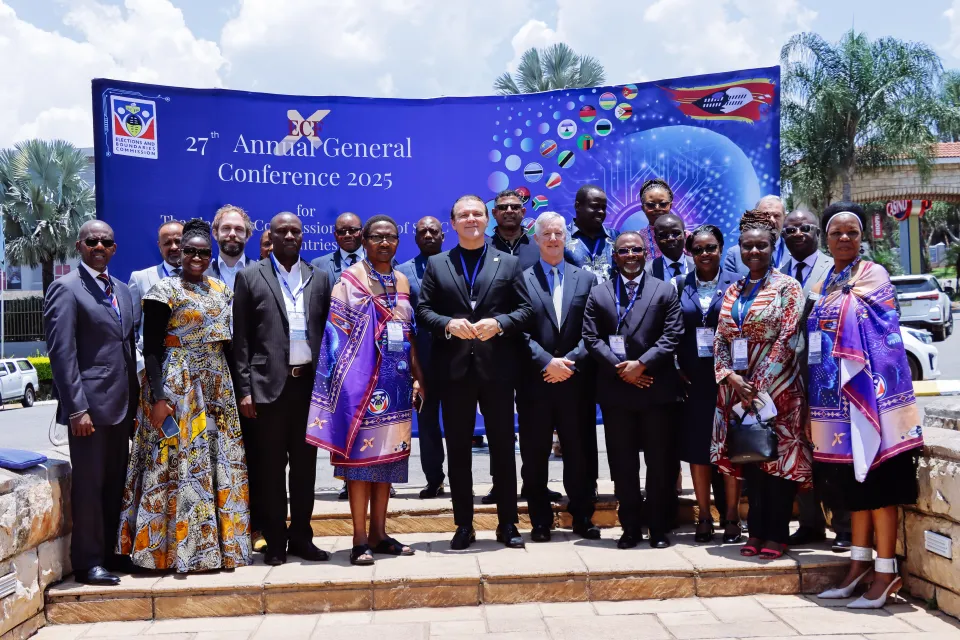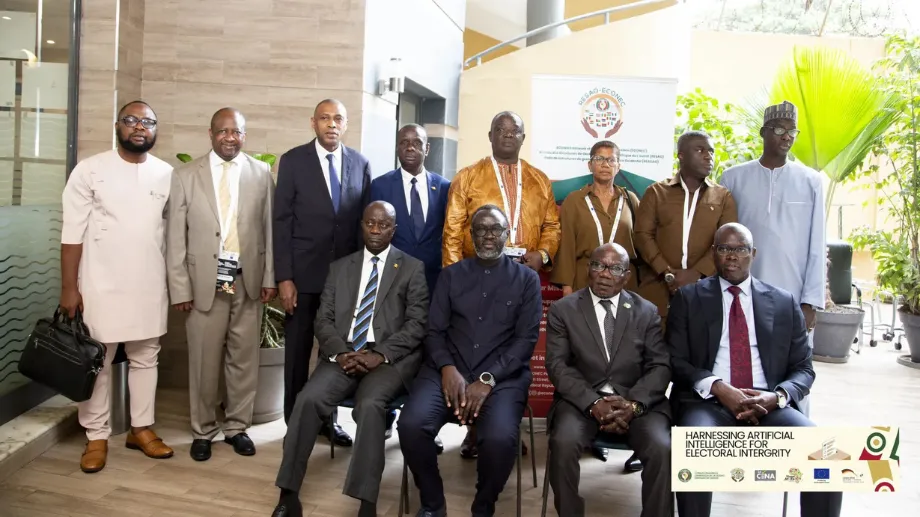Citizen protest movements too often distance themselves from politics. Just like political parties, they have a role to play to improve their country’s political system, and not just reject it.
This was one observation coming out of a recent workshop organized by International IDEA on how citizen movements impact political parties and how parties can respond.
Experiences were shared by a range of speakers including Atisha Marlena of the Aam Aadmi Party of India, Sergii Leschenko, Member of Parliament, Ukraine, Nathan Law, Secretary General of the Hong Kong Federation of Students and Sam Van der Staak, of International IDEA’s Political Parties, Participation and Representation team. Helena Bjuremalm of IDEA’s Democracy and Development team moderated the session.
Political parties need to be more responsive to people, noted one participant, while another observed that some political parties tend to be mainly responsive to the people who fund them, not to the people who elected them.
There is a range of actions parties can take to attract more citizens, according to Van der Staak.
“They can improve their internal democracies, avoid unrealistic promises, collaborate with citizen movements, organize joint party-citizens’ fora and listen more to what citizens are concerned with,” he said referencing to IDEA’s publication Political Parties and Citizen Movements in Asia and Europe.
The workshop was part of the World Movement for Democracy Eighth Assembly, Empowering Civil Society for Democracy and its Renewal, hosted in the Republic of Korea, 1-4 November and attracted participation from some 15 countries including Korea, India, Mongolia, the Netherlands and the Philippines.
International IDEA contributed to one more workshop by availing its expert on media and elections, Dr Seema Shah, to discuss the potential role of technology in free and fair elections. All electoral stakeholders, including EMBs, political parties, candidates and civil society organizations (CSOs) are increasingly reliant on social media for a wide variety of purposes. In recent elections around the world, however, CSOs have been especially active in monitoring elections using new media and digital tools. Some of the most innovative examples include 140journos in Turkey, Kawal Pemilu in Indonesia and Revoda in Nigeria.
The panel discussion included an important segment on the contested meaning of “free and fair” and/or “credible” elections. What do these terms mean? How do we address the often significant gaps in understanding between academics and CSOs? What can we do to make the public feel like they have a stake in their own elections, and a role to play in ensuring their elections have public legitimacy? Participants from the Philippines, Zimbabwe, Ghana and the USA discussed these questions and expressed interest in learning more about how social media could be harnessed for their own electoral contexts.
The assembly itself was joined by around 400 democracy activists, academia and policy makers from close to 100 countries.



